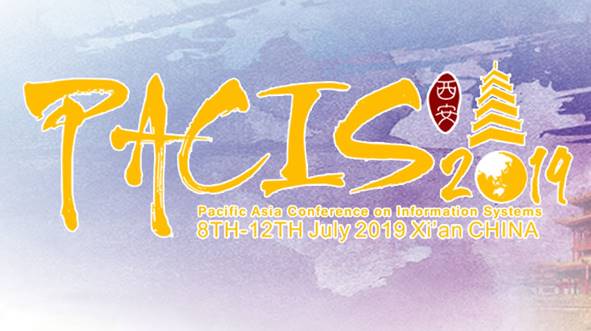PACIS 2019 Proceedings
Abstract
Virtual Reality (VR) has great potentials for experiential learning, especially in a shared environment with multiple users. However, the factors influencing such experience are not well understood. This research considers one specific feature of VR, the embodiment richness. We consider embodiment richness a powerful feature because VR supports various media and the immersion with the entire physical body, which could facilitate the design of dynamic interactions, embodying both physical information and social activities. We propose a conceptual framework for its influences on VR experiential learning through engagement and communication. Aside from retrospective questionnaires, our methods also incorporate a physiological measure with brain sensing technology, reflecting the cognitive process. This will be a contribution of our work. This research will also contribute to the theoretical framework to understand the effect of embodiment in VR experiential learning, informing the future design and application of VR for experiential learning in practice.
Recommended Citation
Li, Yue; Ma, Teng; and Ch'Ng, Eugene, "Enhancing VR Experiential Learning through the Design of Embodied Interaction in a Shared Virtual Environment" (2019). PACIS 2019 Proceedings. 185.
https://aisel.aisnet.org/pacis2019/185


